Bedtime Digital Games, the minds behind the quirky puzzler Back to Bed, recently announced their latest endeavor Figment was coming to the PlayStation 4. Well, it’s here now, but the question is whether it’s worth your time or not.
Spoiler alert: It is.
Figment is a charming adventure built around a surprisingly deep and touching story. It might falter at times, but on the whole, this is a short, snappy puzzler that’s sure to keep you thinking in more ways than one.
Broken Mind
Figment begins with a simple, yet haunting narrative scene. The screen is grey with short lines passing by here and there like you’d see if you looked out of a car window as you drive down the highway.
The car contains a child and parents, and the child begins talking about how amazing parachutes are, asking whether the father uses them in his work. After some more dialogue that suggests all may not be well with Daddy, there’s a horrible crashing sound, and the screen eventually goes dark.
When you can see again, you find the scene has completely shifted. You’re in a strange place. Ultimately, you learn this is the mind, and Rusty becomes the main focus.
Rusty is Courage personified, the defender of the mind and all that is good. At least, he used to be. Apparently, Dusty’s grown, well, rusty (surprise). Over time, the once brave hero grew distant from everyone else and focused only on himself, his problems, and his wants.
That’s why he lives far away from the rest of the mind in a little bungalow by himself. He’s accompanied by a good drink and his scrapbook. He intends to remain that way until the day a Nightmare invades the sanctity of his solitude and steals his drink and his scrapbook.
Rusty naturally wants his things back. However, as he chases the Nightmare through the game’s initial screens — and convenient, brief tutorial — he soon realizes he doesn’t have any choice but to help the rest of the mind in the process.
That’s because the Nightmares have invaded the entire mind, spreading fear and despair wherever they tread, with a helping of disease and plenty of other nasty things as well.
Rusty isn’t alone on his journey, though. The mind is full of quirky denizens, even if you don’t get to see most of them. They tend to hide in their homes, which range from normal-looking apartment buildings to snail shells and tea kettles.
The real star, other than Dusty, is Piper, his loyal and initially-unwanted bird-friend. Piper comes to request Rusty’s help as the game opens, referring to their former glory days of keeping the mind safe from harm.
Dusty and Piper’s relationship re-develops over the course of the game, and it’s both amusing and heartwarming.
Early on, he’s truly unpleasant to poor Piper — nowhere near the level of Cid and assistant from Final Fantasy VII, but still a bit nasty. As the game progresses, Dusty begins warming back up to her, and it’s an excellent complement to the game’s overall themes of restoration, moving on, and emotional growth.
Heading into Dark Territory
Dusty’s journey to rid the mind of the three main Nightmares is essentially a journey of reconciliation and transformation. It’s something a lot of people will probably relate to as well, with the universal topic of tackling one’s own inner demons (or Nightmares) and understanding how the mind operates when under that kind of attack.
Even Dusty’s crustiness is relatable. He’s depressed and thinks there’s no real use for him in the world anymore, which ultimately makes him not care about interacting with the world. It’s hard not to hear Dusty’s reactions to a given situation and recognize an echo of oneself in his tone, his words, or his general attitude.
For one reason or another, it’s something we’ve all experienced at one point in some form.
You gradually piece together why the Nightmares came back and what troubles haunt the mind as you work your way through each area, too. Dusty can come across glowing orbs called Remembranes, and each carries a specific memory — typically unpleasant, always formative.
They range from memories of feeling left out to feeling completely misunderstood and unappreciated by the rememberer’s parents. The latter, in particular, make for poignant tie-ins with the game’s opening scene, dripping as it is with the problem of handling feelings of isolation within an intimate group.
The World Inside
The game’s visuals work impeccably well with the story. There’s the obvious fact that the surreal, almost Lewis Carol-like setting is perfect for the brain (which is, itself, quirky and unpredictable).
If you’re familiar with Bedtime Digital’s other offering, Back to Bed, you know the surreal is what the studio does best. Here, though, it serves a greater purpose than creating a unique identity.
The initial areas, corresponding with Dusty’s gradual re-awakening to his purpose, are bright, quirky, and cheerful. That changes quite a bit as Rusty delves further into the mind’s problems, though, and as he confronts the worst Nightmares while simultaneously recovering his own identity.
On the whole, Figment is a subtle and nuanced commentary on depression and human relationships of the kind we, unfortunately, don’t see often enough in games.
Hodgepodge of Styles
Figment‘s gameplay combines several different genre mechanics. Essentially, it’s point-and-click style puzzles that wouldn’t be out of place in a 3D adventure game. These are mixed with simple combat for a unique result that almost always works well.
For instance, the bulk of the puzzles Dusty tackles revolve around finding specific items that go in specific places for specific purposes. Items used vary depending on the area and Dusty’s needs, but in general, you’ll be finding lots of batteries, gears, and elevator parts, among other things.
But it hardly ever becomes stale, thanks to how the items are used.
Puzzling Encounters
The batteries are a good illustration. Early on, Dusty will need to just locate a battery (sometimes appropriating it from an unsuspecting denizen of the mind) and pop it in the right slot. Easy enough.
Later, Dusty has to juggle batteries around different spots to try and advance beyond a specific obstacle, weighing the pros and cons of seeing what might be in that extra side area that would require even more item juggling to get to it (Hint: yes, it usually is).
Sometimes, these sequences involve multiple item types and the classic “open a path, backtrack, grab the item from a different angle, and use it in that other spot you couldn’t reach before the path was open” — and so on.
There are a few standout puzzles that break this pattern, too. Early on, in the mind’s creative side, Dusty needs to get a tree with a giant ear to loosen its tendrils so he can obtain a rattle. Luckily for him, there happen to be three instruments right in front of the tree that can be adjusted to different levels.
Each has a “right” level where the music produced actually sounds nice, and the challenge is toying with each to find out where that sweet spot is, then putting it all together.
From a puzzle perspective, then, it isn’t anything we haven’t seen before. However, it’s done so well and is so closely intertwined in Figment‘s unique signature style innovation isn’t a big deal here. The puzzles are part of Dusty’s adventure.
Taking Time
That’s a good thing for another reason. Some of the puzzles are a bit tedious, especially if you screw up the timing and have to repeat a sequence all over again. Those that require Dusty move around the location are worse offenders in this regard because Dusty moves so…very…slowly.
However, these issues are easy to overlook. Trudging along as Dusty and dealing with some slow or repetitive puzzles is worth it because it means learning more about what is going on in the mind. You’re moving one step closer to dealing with those Nightmares — however pokey a pace that step might be.
The combat is very basic. Dusty rolls and slashes, and then repeats until he’s safe and his enemies aren’t. It works, and it gets fairly challenging at times when Rusty’s surrounded by spewing Nightmare spawn, but it isn’t necessarily a highlight.
Singing Nightmares
It’s impossible to mention the Nightmares without mentioning the soundtrack as well. As we mentioned in our original announcement about the PS4 release, the game’s score is composed by Danish screamer-songwriter Stöj Snak. The soundtrack itself is always appealing, utilizing understatement and simple tunes for each area that complement the environments and journey perfectly.
It’s the Nightmare’s songs that steal the show, though. Each Nightmare sings at Dusty during their conflicts. Some are meaningful, like the first Nightmare’s brief-but-telling song about despair; others will probably bring a smile to your face with their silliness, like half of what the Plague Nightmare sings.
Even those seemingly silly lyrics have a point, though. The Plague focuses on fear and disease, spewing horrors throughout the mind and blocking progress with clouds of illness. His song might come ever-so-close to using sh*t as a rhyme and go over-the-top with puke and gas references, but it’s ultimately the truth. His success depends on spreading filth and fear everywhere, holding the mind back.
There’s nothing like having a person’s greatest fears and mental blocks turned into a cartoony rhyming song to offer a new perspective.
Of course, they aren’t all silly. However, being confronted by these issues means you, as Dusty, need to confront them too, and it’s impossible to escape from dealing with them during the course of the game. It’s an interesting, indirect way of addressing these serious themes without being heavy-handed about it.
The Verdict
Pros
- Setting design brimming with creativity
- Difficult, but meaningful narrative
- Excellent use of soundtrack
Cons
- Some tedium with puzzles
- Achingly slow character movement at times
Figment is the poster child for what indie games can do that other’s can’t. Exploring heavy themes like depression and trauma is tricky territory, but Figment manages to navigate these troubled waters expertly. Combined with tight, if sometimes slow, gameplay, it makes for an engaging and meaningful romp through the mind’s darker corners.
Even better, Bedtime Digital just announced there’s more Figment to come this fall, with the DLC expansion Creed Valley. Dusty and Piper will travel to Creed Valley, where the mind forms its worldviews, to face even more dangerous, singing foes, with puzzles built around the mind’s two states: open and closed.
[Note: A copy of Figment was provided by Bedtime Digital for the purpose of this review.]

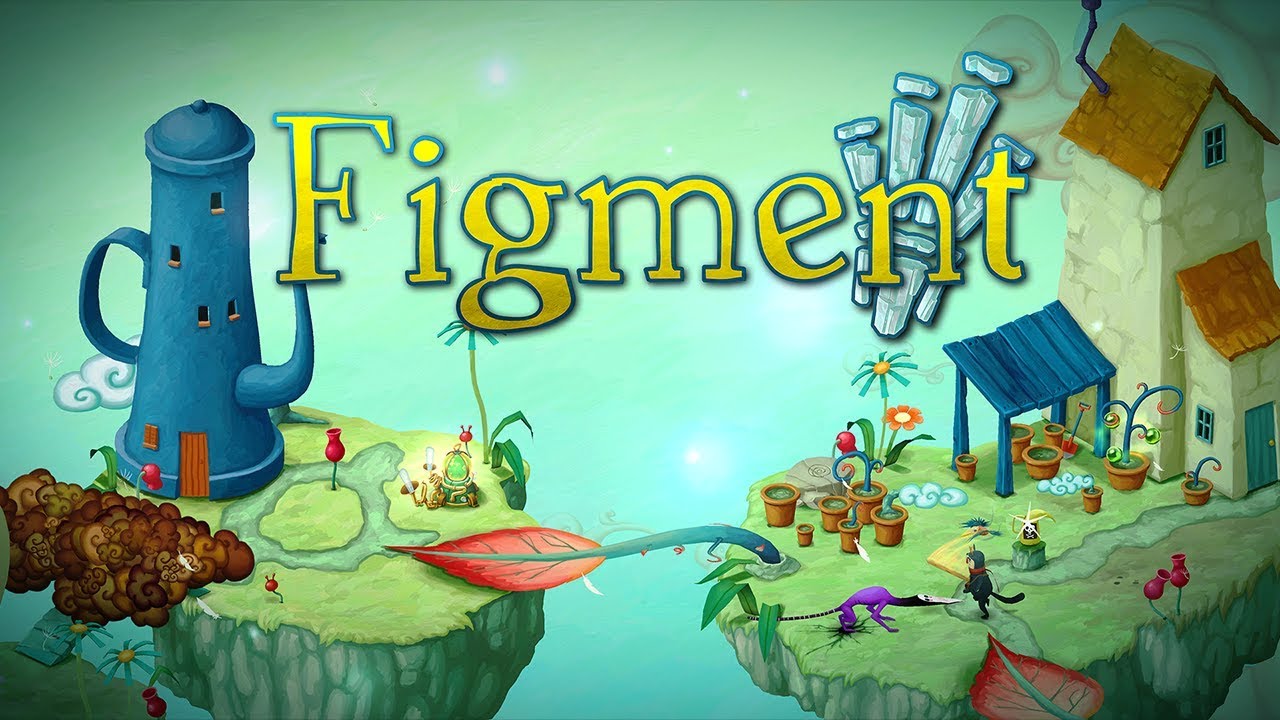
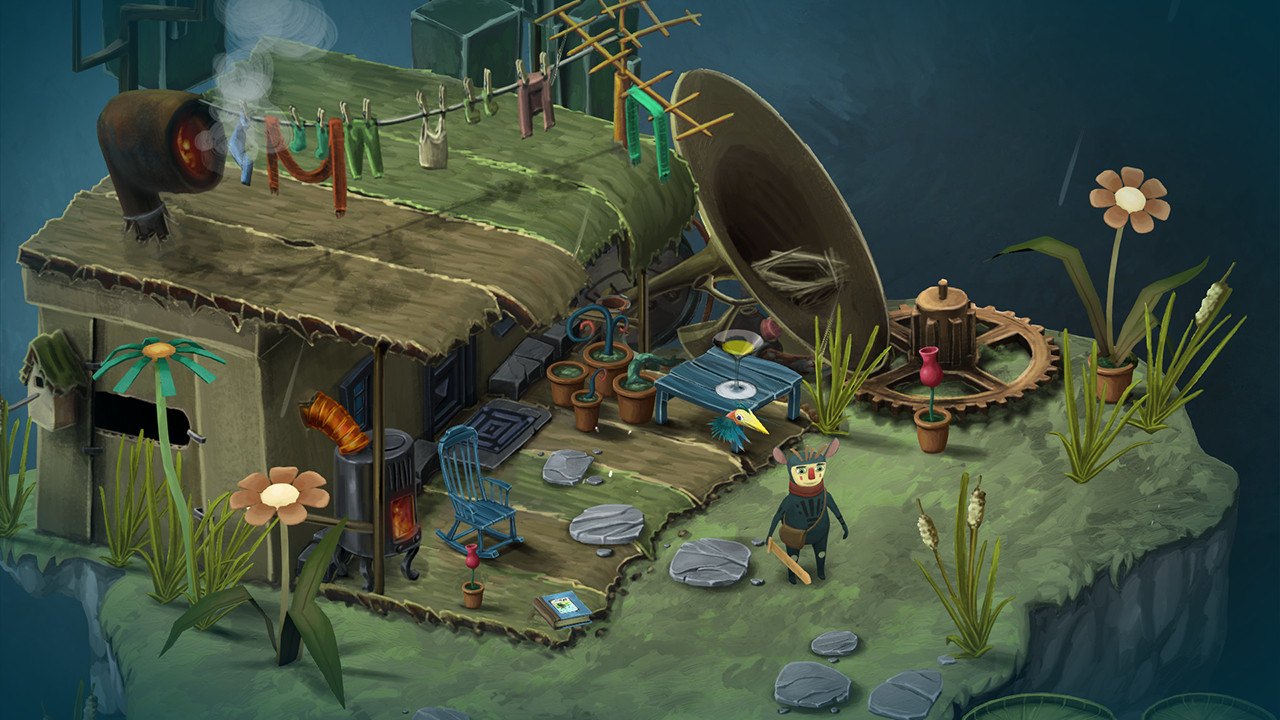
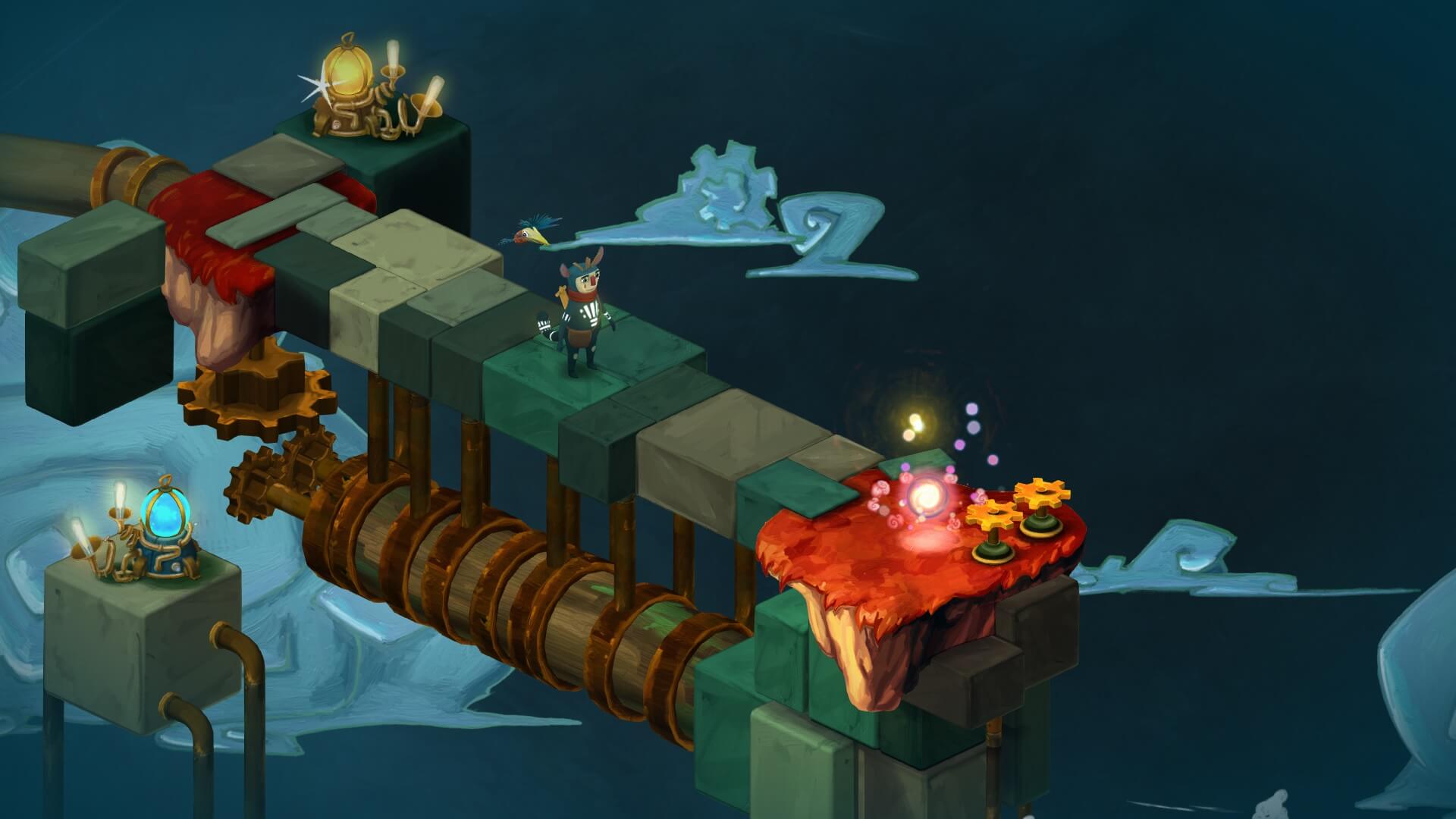
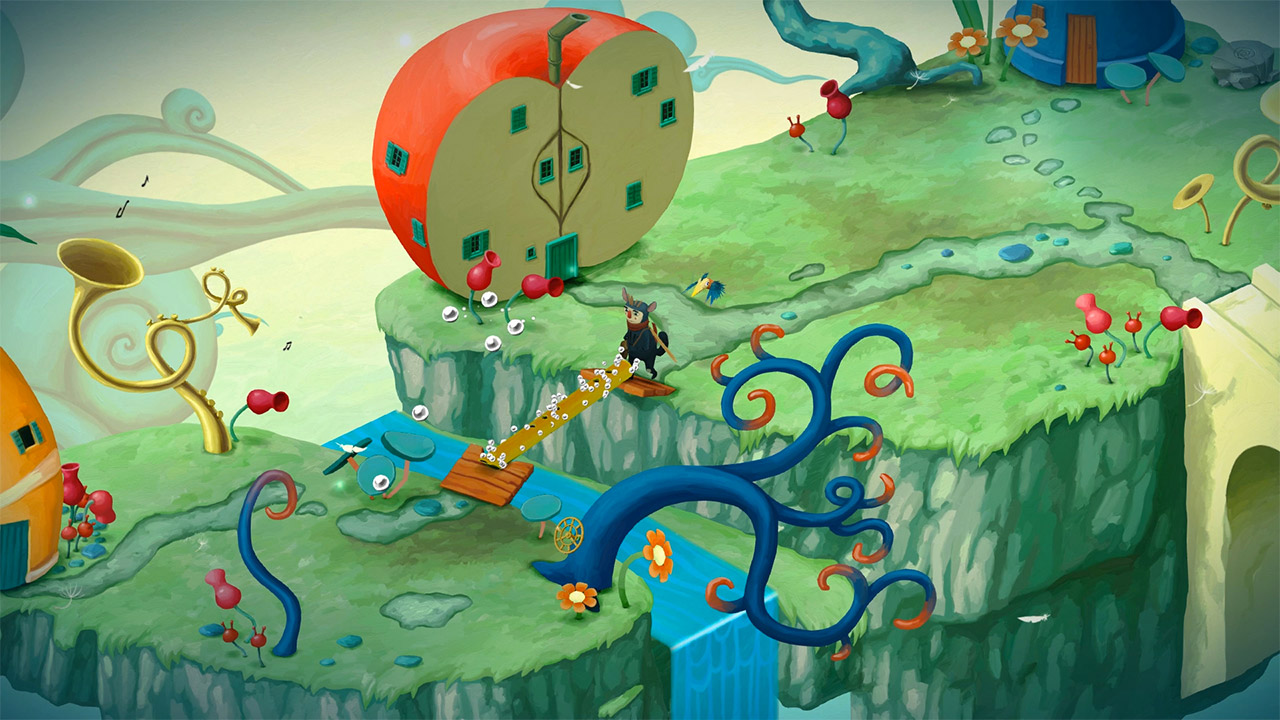
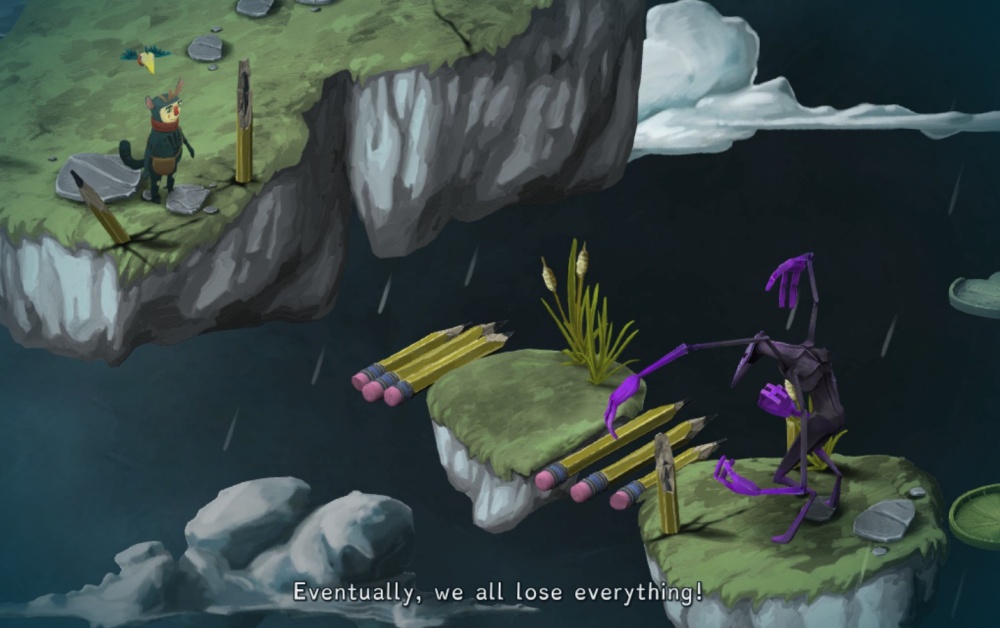





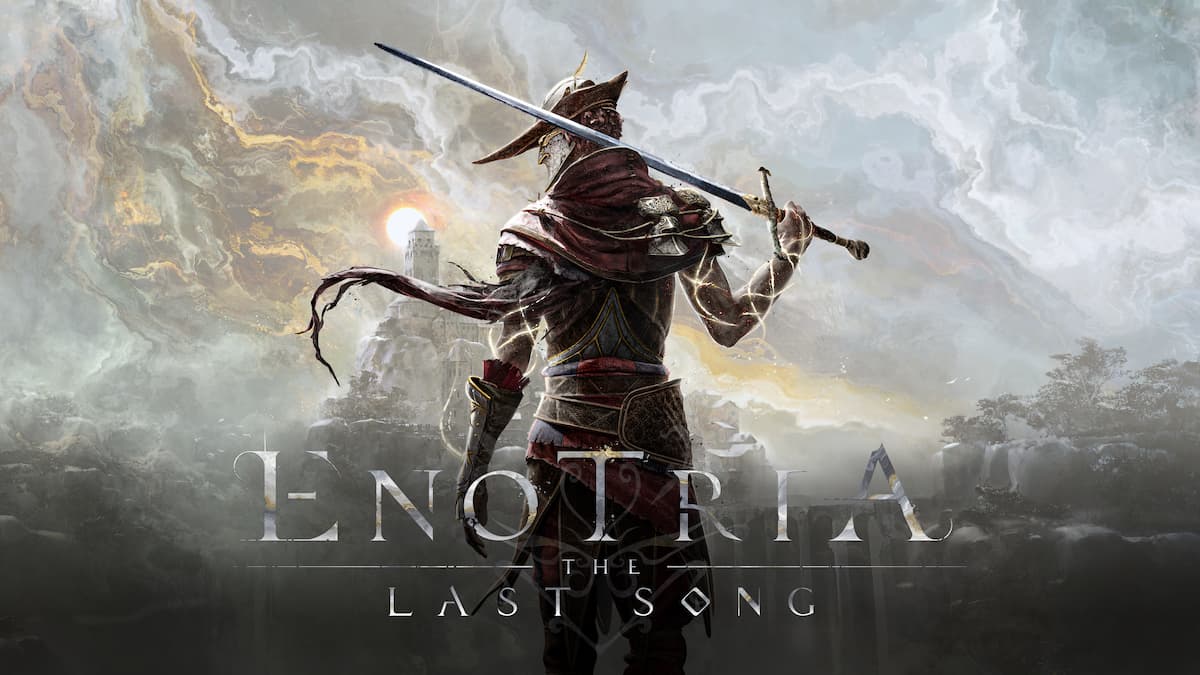
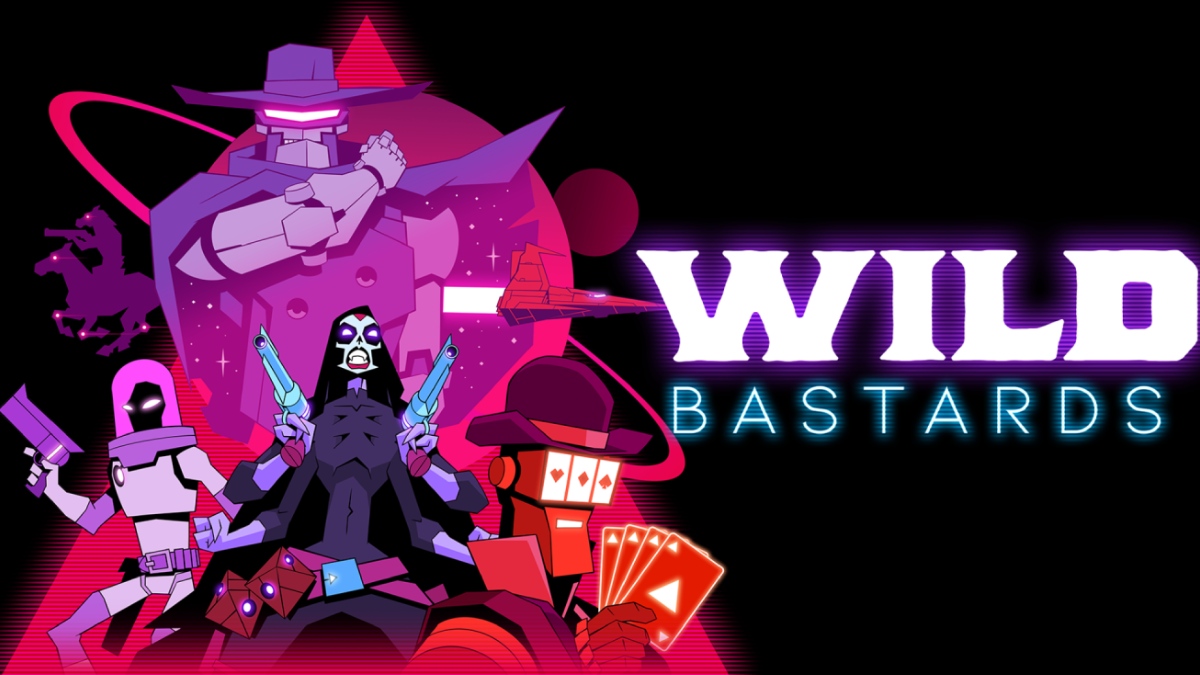

Published: May 14, 2019 09:52 am